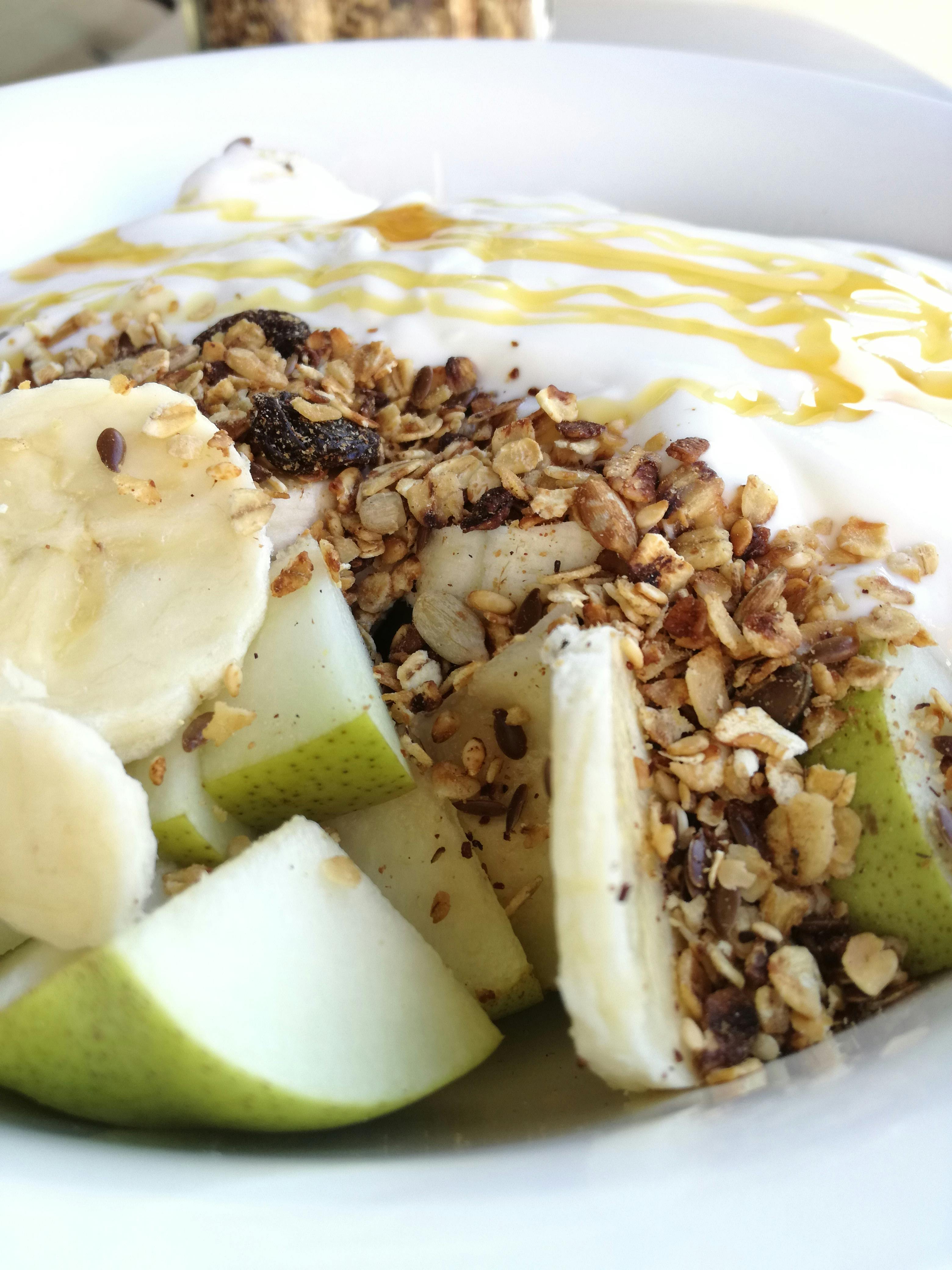Effective Ways to Maximize Your Ideal Protein Diet Results in 2025


The **ideal protein diet** is a structured nutrition plan for those looking to lose weight and improve overall health. Designed to promote **sustainable weight loss**, it focuses on **protein intake** while maintaining a balance of **macronutrients**. Here are some effective strategies to help maximize the results of your **ideal protein diet** in 2025.
Understanding the Ideal Protein Diet
The **ideal protein diet** emphasizes high protein consumption to support **fat loss** while preserving **lean body mass**. This approach is effective because protein has a higher thermic effect than carbohydrates and fats, leading to increased calorie expenditure during digestion. Additionally, a **balanced diet** is essential for overall health, providing necessary **micronutrients** and maintaining **metabolic health**.
Components of the Ideal Protein Diet
Key elements of the **ideal protein diet** include specific **food choices** rich in **protein**, controlled **portion sizes**, and structured meal timing. Integrating **protein shakes** and **meal replacement** options can simplify meal planning and assist in achieving daily **protein intake** goals. It's crucial to include a variety of **protein sources**, such as lean meats, dairy, legumes, and plant-based options, creating a diverse and **nutrient-dense menu**.
Calorie Deficit and Weight Loss
Creating a **calorie deficit**—consuming fewer calories than your body burns—is vital for effective **weight loss**. To align with the **ideal protein diet**, combining **healthy eating** habits with **physical activity** can enhance fat loss. Understanding your basal metabolic rate (BMR) helps to tailor calorie intake, ensuring you consume enough nutrients without exceeding caloric needs.
Meal Prep and Planning Tips
Effective meal preparation forms the backbone of a successful **ideal protein diet** plan. Preparing meals in advance aids in **food tracking** and contributes to **appetite management**, making it easier to stick to dietary goals. Using **meal prep techniques**, you can simplify your cooking routine and maintain healthy eating habits throughout the week.
Grocery Shopping Lists for Success
Create a comprehensive grocery list focused on **protein-rich foods**, **whole foods**, and **healthy snacks** to make your shopping experience efficient. Planning meals around **lean protein**, dietary fiber, and healthy fats ensures a balanced nutrient intake. Make sure to include items like eggs, chicken, beans, quinoa, nuts, and seasonal vegetables to enhance the quality of your diet.
Healthy Cooking Methods
Utilizing **healthy cooking methods**, such as grilling, steaming, or baking, can preserve the nutritional integrity of meals while avoiding excess calories from unhealthy fats. Experimenting with different herbs and spices not only enhances the flavor of dishes but can also support your **fitness program** by making meals enjoyable and satisfying, reducing the temptation to deviate from your diet.
Incorporating Mindful Eating Practices
Mindful eating is a fundamental practice within the **ideal protein diet**. This approach involves being aware of food choices and portion sizes while eating. Slowing down during meals can significantly improve digestion and increase satisfaction, leading to better **appetite management**.
Assess and Adjust Dietary Choices
<p Regularly assessing your **food choices** and making adjustments is key to success in the **ideal protein diet**. Consider keeping a food diary, which can help identify patterns in your eating habits, providing insights into any dietary restrictions or preferences you may need to address. By understanding what works best for your body, you can reap the most benefits from the **nutritional guidelines** aligned with your lifestyle.Implementing Portion Control
Implementing effective **portion control** is essential for managing calorie intake. Using measuring cups or a food scale can help accurately gauge serving sizes. Following the recommended serving sizes for **protein sources** and other food groups will contribute to achieving desired weight loss and maintaining optimum body composition. Tuning into hunger cues and fullness signals can strengthen your skills in portion control.
The Importance of Physical Activity
To truly maximize your **ideal protein diet** results, integrating a regular exercise routine is vital. Combining **physical activity** with proper nutrition helps in improving overall well-being and achieving substantial **weight management**. Aim to incorporate a mix of cardiovascular exercises with strength training to boost metabolic rate, ensuring you maximize the benefits of your **protein intake**.
Finding a Fitness Routine That Works for You
Establishing a routine that includes enjoyable physical activities makes it easier to stick with long-term fitness goals. Whether it's running, cycling, or participating in group classes, the key is consistency. Being active not only supports **energy balance** but also enhances your body’s ability to utilize nutrients effectively, aiding in **metabolic health**.
Tracking Your Progress
Using a **fitness tracking** app or wearable device can provide insights into activity levels and help maintain motivation. Incorporating reminders to stay hydrating and being aware of daily activity levels reinforces **healthy habits**. Review your progress regularly to celebrate small victories and adjust your diet and exercise routine as needed along your **weight loss** journey.
Key Takeaways
- Focus on high protein intake while ensuring a balanced diet of macronutrients and micronutrients.
- Implement effective meal preparation and shopping strategies to stay on track.
- Practice mindful eating and portion control for improved appetite management.
- Incorporate regular physical activity to support weight management and overall health.
- Regularly assess and adjust dietary choices for ongoing success.
FAQ
1. What are the key benefits of the ideal protein diet?
The **ideal protein diet** provides numerous benefits, including sustainable weight loss, improved body composition, and enhanced metabolic health. By focusing on protein consumption, it helps in building lean muscle mass while reducing fat. Additionally, this diet encourages awareness about healthy food choices, fostering lifelong good eating habits.
2. How can meal replacement shakes play a role in my ideal protein diet?
Meal replacement shakes can be a convenient tool in the **ideal protein diet**, aiding in calorie deficit while ensuring sufficient **nutritional intake**. They often contain balanced nutrients, including proteins, carbohydrates, and vitamins, making them an efficient option for hectic days. However, it is important to choose high-quality shakes with minimal added sugars.
3. How does portion control enhance weight loss?
Implementing **portion control** allows for better tracking of calorie consumption and ensures that you are not overeating. Proper portion sizes help maintain the **calorie deficit** necessary for effective **weight loss**. Successful portion control also involves understanding and being aware of food portions, which contributes greatly to healthy eating practices.
4. What role does hydration play in the ideal protein diet?
Hydration is crucial in any diet, including the **ideal protein diet**. Proper hydration supports **metabolic health**, promotes satiety, and aids digestion. Drinking sufficient water can help manage hunger and keep energy levels stable, supporting your overall fitness and weight loss goals.
5. Can I follow the ideal protein diet if I have dietary restrictions?
Yes, you can still follow an **ideal protein diet** with proper adjustments. Substituting foods to match your dietary restrictions - whether they're related to allergies, health conditions, or personal choices - ensures that you can achieve the foundational principles of this diet while catering to individual needs. Consulting with a registered dietitian can provide personalized advice and modifications.
